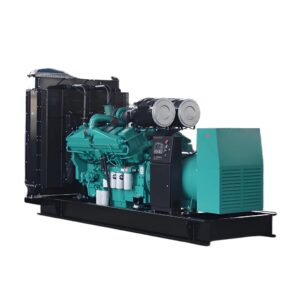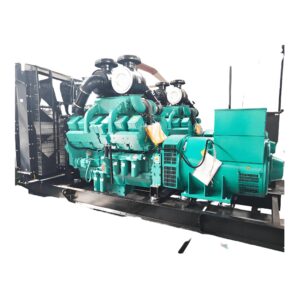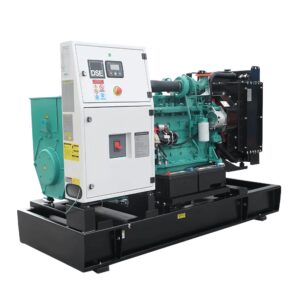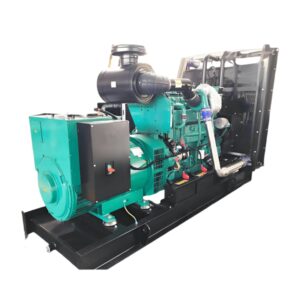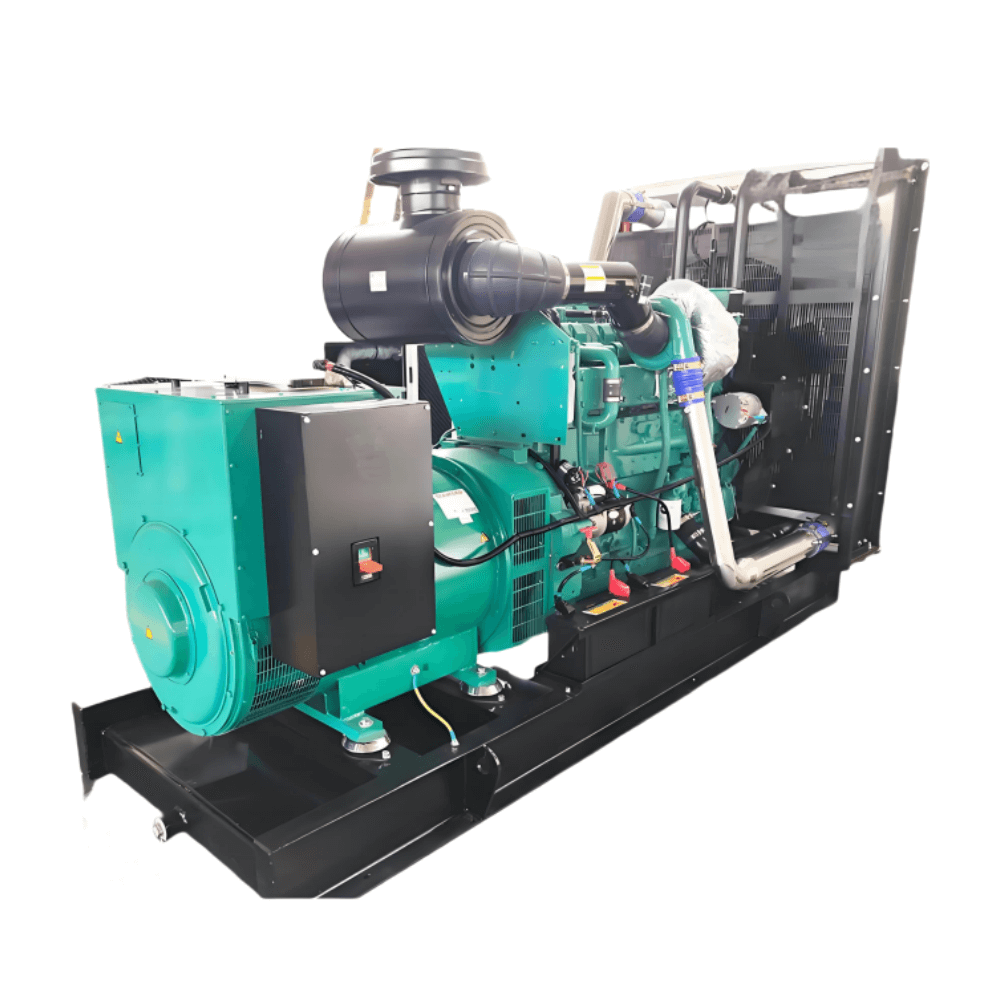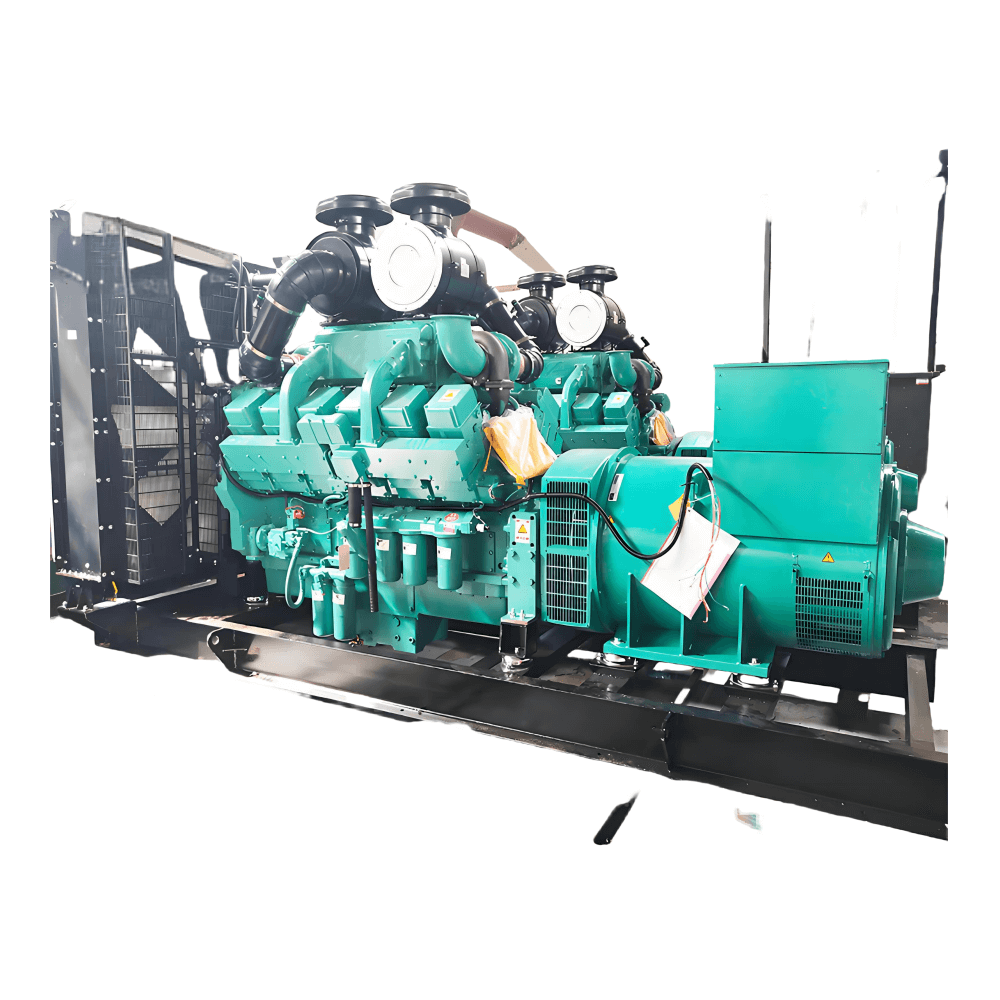Sure, here is a list of frequently asked questions (FAQ) with their answers regarding sourcing an 800 kW generator from MEP Power factory, using the specified format:
Q: What is the lead time for an 800 kW generator from MEP Power factory?
A: The standard lead time for an 800 kW generator from MEP Power factory typically ranges between 6 to 8 weeks, depending on current production schedules and customization requirements.
Q: Can the 800 kW generator be customized to meet specific requirements?
A: Yes, MEP Power factory offers customization options for their generators, including adjustments in voltage, frequency, control systems, and additional accessories per client specifications.
Q: What type of warranty is provided with the 800 kW generator?
A: MEP Power factory provides a standard 1-year or 1000 operating hours warranty, whichever comes first. Extended warranty options are available upon request.
Q: Is technical support available during and after installation?
A: Yes, MEP Power factory provides comprehensive technical support both during and after the installation process, including remote assistance and on-site service if necessary.
Q: What certifications do MEP Power generators comply with?
A: MEP Power generators comply with international standards such as ISO, CE, and EPA, ensuring high quality and reliability.
Q: Are spare parts readily available for the 800 kW generator?
A: MEP Power factory maintains a robust inventory of spare parts to ensure quick availability and minimal downtime in case of maintenance or repairs.
Q: How is the generator shipped and what are the costs involved?
A: The generator is shipped in secure packaging, typically via sea freight. Shipping costs will vary based on destination, but MEP Power factory provides competitive freight rates.
Q: Can I visit the factory to inspect the 800 kW generator before purchasing?
A: Yes, potential buyers are welcome to visit the MEP Power factory for an inspection. It is recommended to schedule the visit in advance with the sales team.
Q: What are the payment terms for purchasing an 800 kW generator?
A: The standard payment terms are usually 30% deposit upon order confirmation and 70% balance before shipment. Alternative terms can be discussed with the sales team.
Q: Does MEP Power factory offer installation services?

